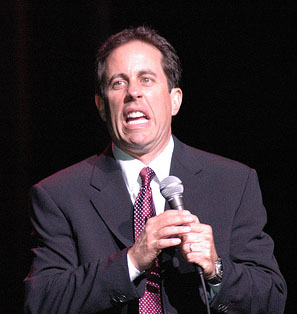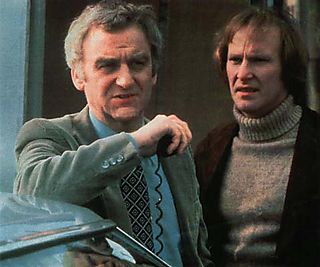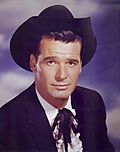Wired magazine thinks so. Last season, the three major networks (ABC, CBS and NBC) combined attracted their smallest audience since the advent of television. But the cable networks, which target a niche audience rather than aiming for the broadest possible reach, now claim more than half of total viewers.
It may be time to perform an autopsy on network TV, which some have
pronounced officially dead at age 60, the victim of a lifetime of big
spending, hard living, and bad planning. Here's the coroner's report:
The evening newscasts have been mowed down by cable's heat, spin, and
round-the-clock immediacy. In prime time, nobody watches reruns
anymore—and reruns, along with syndication, used to be the only way
comedy and drama series, the heart of a network's prime-time business,
made money. (The way they make money now is…well, the networks will
get back to you as soon as they figure that out.)
Speaking of old-school, half-hour sitcoms: Once, 50 of them were on
the air at a time. Today, they're all but gone. Suddenly, people just
stopped liking them. Prime-time news magazines? Barely holding on.
"Protected" time slots? Viewers accustomed to Web surfing and channel
flipping at hyperspeed aren't going to watch a new show just because
they're too lazy to change the channel after The Biggest Loser.
The audience for daytime soaps, a profitable staple since TV's infancy,
has shrunk so dramatically that the form may vanish within a few years.
This is all very bad news for a medium that hasn't come up with a fresh
format since 2000, when CBS launched Survivor, the gold rush in reality-TV competitions. (P.S.: Survivor isn’t what it used to be either.)
It's unlikely that a broadcast network is ever again going to create a megahit like The Cosby Show,
which at its mid-’80s peak drew as many as 50 million viewers an
episode. For several years now, TV's top event has been Fox's American Idol. Last season, it drew 28.8 million viewers a week.










